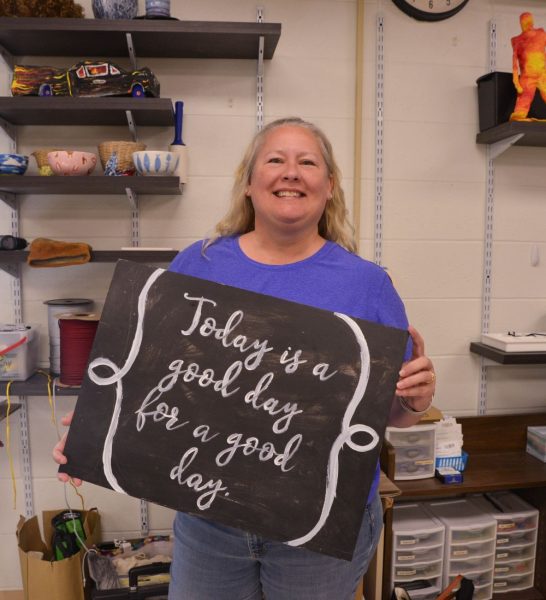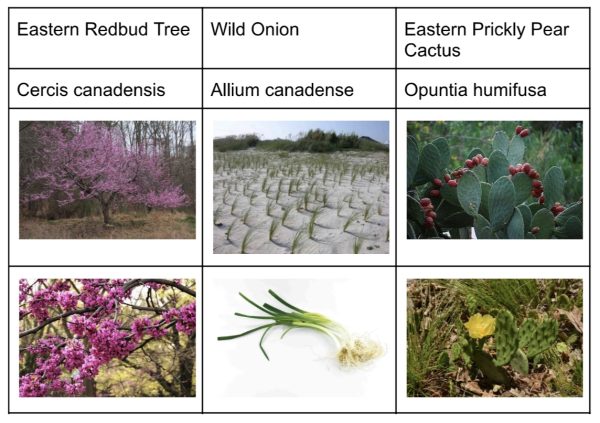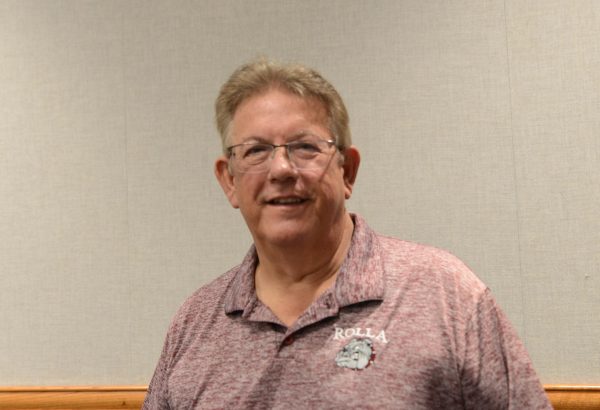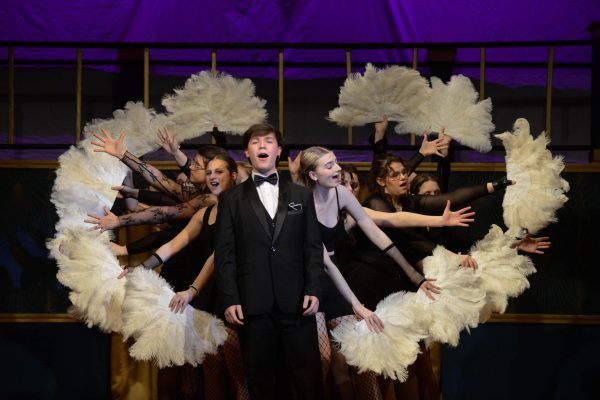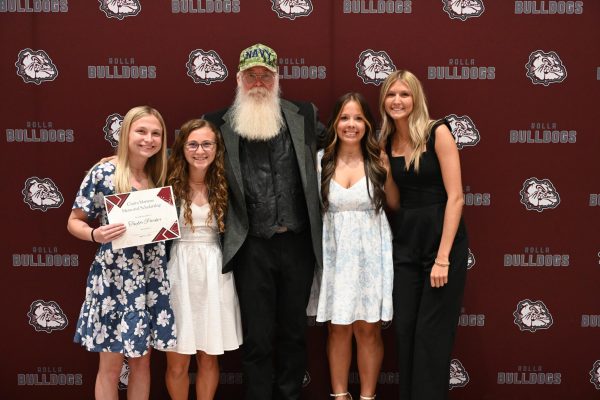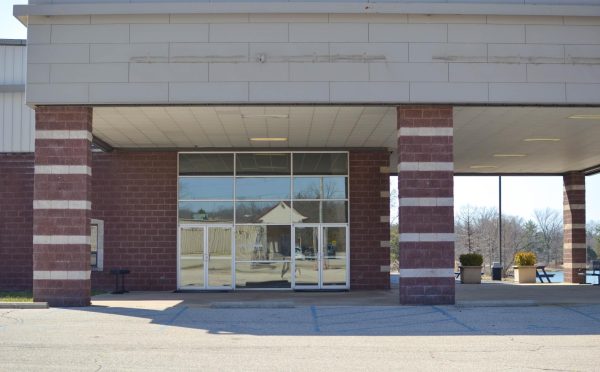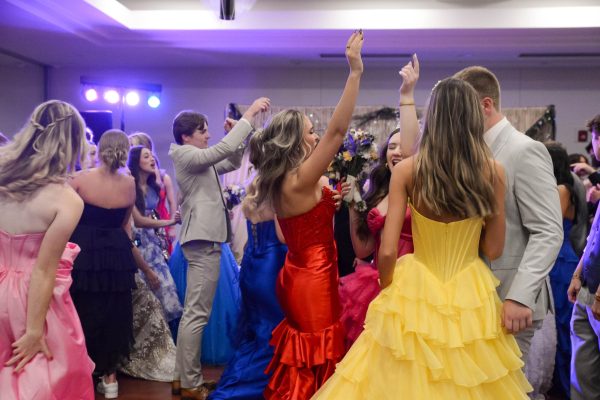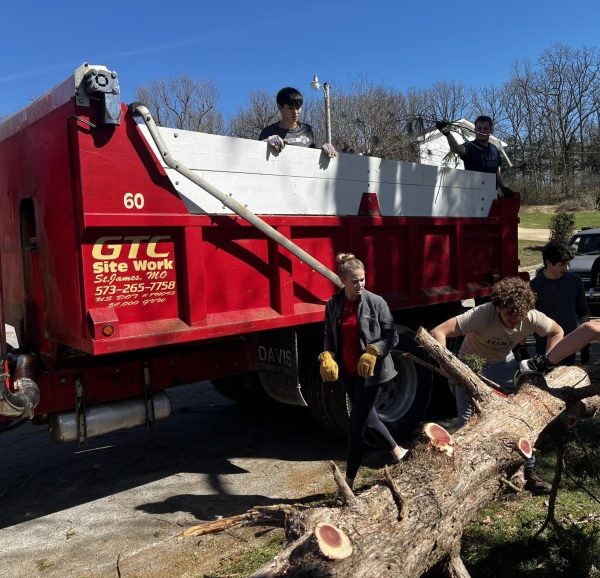COVID-19 Changes To RHS Academics Explained
With the announcement of the school closing for the rest of the 2019-2020 academic year, Rolla High School has had to make many changes in the way courses are taught and the way that teachers and staff interact with students.
One of the most significant changes that have been implemented is that all teaching has been moved online. This limits the amount of direct interaction and one-on-one help teachers can give students and makes communication harder.
“The goal is to identify those real key objectives, like what are the really key things that students need to get out of biology to be successful in their next science class? So that’s what they were working to identify those standards and then come up with an approach for how we’re going to cover those,” Craig Hounsom, Assistant Superintendent of Curriculum and Instruction, said.
Furthermore, the high school has begun to apply a “do no harm” mindset in grading.
“You will at least be at the point that you were at when we were regularly attending school, but you have the opportunity if you wish to move that grade forward,” Hounsom said.
Some major changes have also been adopted in the A+ tutoring program that account for lost hours due to school closings.
“Seniors of 2020 are only required to have 25 of the tutoring hours, academic tutoring, whereas they usually have to get 50,” Don Luna, A+ coordinator, said.
In order to fulfill these 25 hours, Luna has been working with students to find ways in which they can meet the requirement.
“This isn’t their fault, students that wanted to tutor this definitely isn’t their fault. So we’ve got to find a way to make it work. We just have to be creative and come up with ways,” Luna said.
Seniors that fulfill all the requirements for A+ have been notified via an acceptance letter sent over email in order to avoid confusion over the matter.
The high school counseling program has also had to adapt to the lack of face-to-face interaction with students. Counselors have posted a Friday check-in to be found at the counseling center website under the “quarantine support” section.
“The thought was that we do them on Fridays so that at the end of the week, they’ve gotten there all their work, just kind of as a temperature check to see how students are doing,” Liz Pogue, high school counselor, said.
Counselors have been trying to keep in contact with students through phone calls and emails, a process which is, at times, difficult.
“Kids are not always picking up the phone and parents aren’t either because our numbers are blocked. So for some kids who we are really worried about, we continue to aggressively call,” Pogue said.
The lack of face-to-face interaction has also led counselors to change the ways in which they interact with the students they contact.
“You can’t see if what you’re saying is landing well or not. So we’ve really had to change our conversation style to really tough questions to really get at how a kid is doing,” Pogue said.
Nevertheless, the high school continues to operate, with each department focusing on basic principles in order to provide as much support to students as possible.



